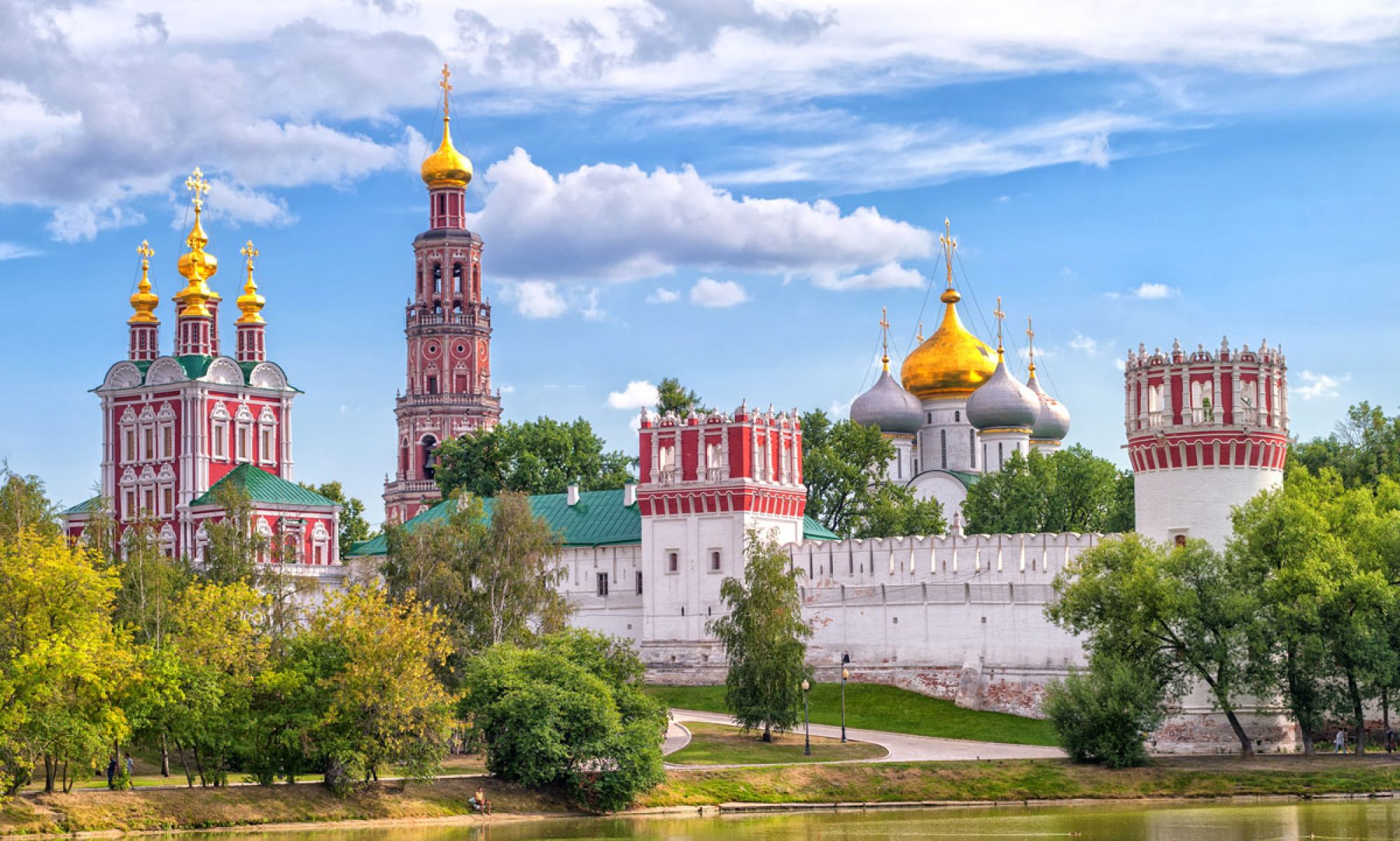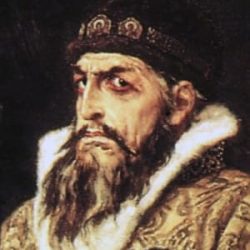When reading the demands that the Russian people brought to the Tsar, it made me imagine what life was like back then. Today, we live with basically all of their demands and we don’t really think about what our life would be like without these rights. The people were demanding basic human rights, about voting, working conditions, freedoms of speech, religion, etc. that we have. When reading Father Gapon’s petition to Nicholas II, it showed how bad the Russian people wanted to get these rights. They were willing to die for their rights, and would do anything to try and gain them. It was very interesting to read because most pieces about revolution that I have read do not include modern things about working conditions, so it makes you realize that it wasn’t that long ago that people all over the world were fighting for stuff that we do not always think about today, unless you are impacted directly/indirectly or have a concern about those facing discrimination. These were just some thoughts I had while reading.


Kiev, Muscovy, and Russia (HIST 239 F19)
From principalities to imperial realities!
Sarah, I think you raise an interesting point. Does this piece prove how serious these things are to them or how important these things are to the convincing of people to join the revolution? The Bolsheviks chose to be bold where Father Gabon chose to peacefully petition. Do you think that without the Bolsheviks or the gunfire from the guards leading to Bloody Sunday, Nicholas II would have actually listened to the demands of the people? I do not think peaceful discussions were really going to work on the Tsar or on the people. I do not think that this was the way to get all that the workers were looking for. Especially after Bloody Sunday, peaceful transition does not seem likely.
I think that Nicholas II was indeed very unlikey to listen to people’s demands, giving his behavior and his insesitives reactions to the protests. It seemed that he lacked either empathy or wisedom and clairvoyance. In any case, I think that the context of WW1 has a lot to do with the impossibilty of a peaceful transition: the famine, the military conscription, the Germans progressing deep into the Empire’s territory, all this combined with the already existing misery of the people and the Tsar’s lack of interrest made a violent uprising inevitable. But the main reason, in my opinion, of how radical the revolution was in the end (with the Bolsheviks in October and the creation of the USSR instead of a parliamentary democracy based on the Duma) resides in the nature of the Russian society itself: the gap between rich and poors was so huge that it allowed no moderate change. The middle-class was under-developped compare to other Europeans countries at the same time, pauperization was omnipresent… Unlike the French Revolution, this wasn’t a bourgeois revolution, but a peasant / workers / lower class revolution. This change everything. The uprising was an accumulation of centuries of misery and lead to radical changes.
I do agree with you on the majority of the points, however, I am not quite sure if I agree that the people who were marching on Bloody Sunday were willing to die. While they largely wanted and did fight for these rights I do believe that we see the Russian people as a whole attempt to avoid conflict by choosing not to revolt after Bloody Sunday.